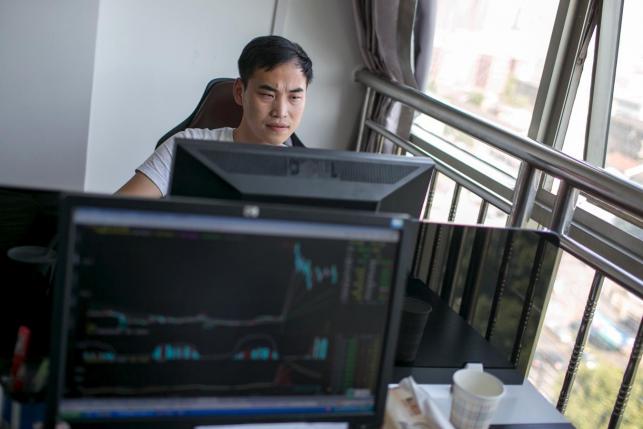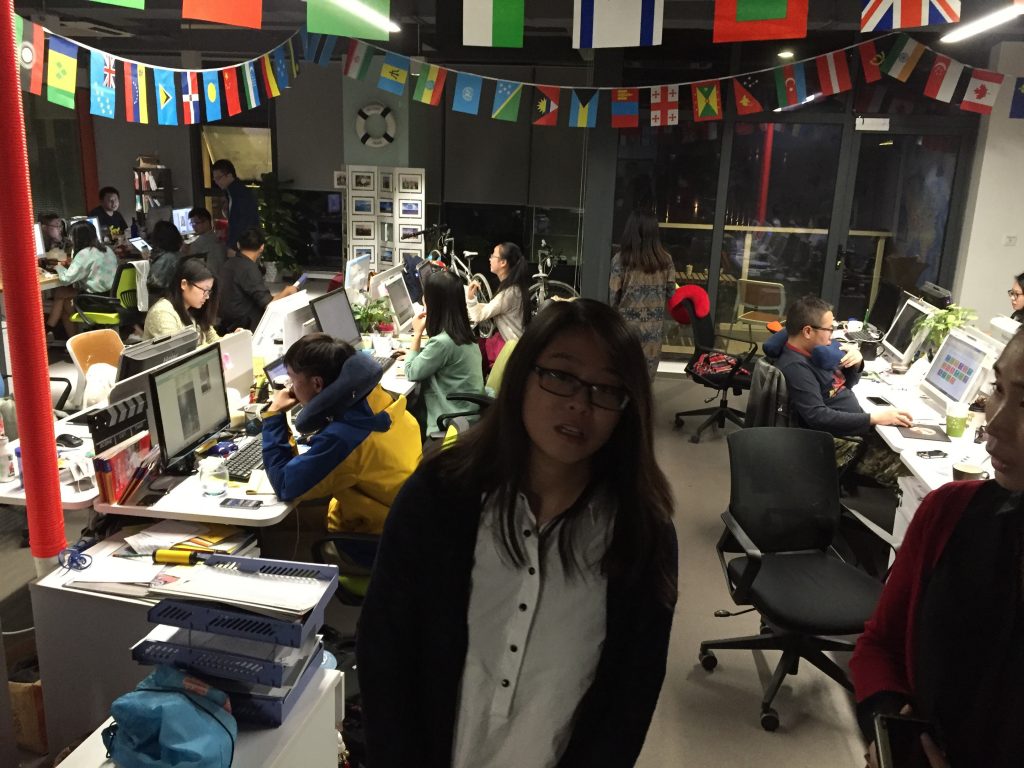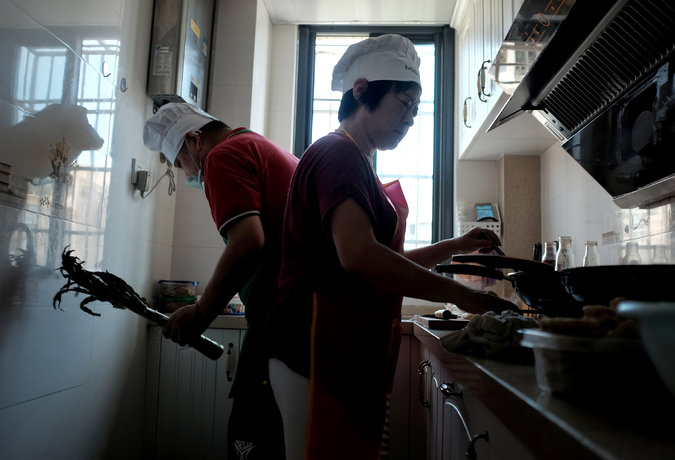The much talked about Chinese economic miracle is slowly but surely coming down to meet the eventualities of the free market economic world. The Chinese economic model was bound to experience a slowdown. That is why the communist government is now coming to terms with the entrepreneurship-triggered economic dynamics. In Hangzhaou, an eastern city in China, there lies an internet village and startup hub, which is being supported by the government. In a latest report, the New York Times has brought this unimaginably creative and innovative space in the limelight for the first time.
There are above 710 startups being incubated in this startup center. From online massage booking app development to 3D printers, the startups here are tapping in almost every possible domain they can think of.
Chemayi is a noteworthy company which is working in the Dream Town. Chemayi takes online orders for car repairs and related services. The company is working in the startup space for free, and has just applied for around $400,000 in loan from the government to kick start its business model and pay salaries. The company won the Dream Town funding and office space by answering tough questions by the local authorities and investors. It now has 284 employees in four cities, and has raised over $22 million in private money. This shows a growing confidence and changing tides in the Chinese economic ecosystem.
From Manufacturing to Services and Spending
China has had enough of being just an iPhone making factory where workers exhaust themselves for the companies at lower minimum wages. China is very slowly recognizing the fact that it would have to increase its spending, and embrace capitalism of some sort to boost its struggling economy. China is now pumping truckloads of money into its startup system. The source reported that around $49 billion in deals and venture capital funding was recorded last year, making China the second country to record such a big venture capital for startups after the US.
There is another startup which is getting some massive attention in the Dream Town. It is run by Feng Xiao, who used to work in Alibaba, China’s biggest e-commerce company, which is also listed in the US now. Xiao used to eat from Alibaba’s cafeteria. One day, daydreaming about the food cooked by his mom, he stuck an idea: to start a company which will prepare home-cooked meals for professionals who don’t have time to do cooking. Xiao’s company, Mishi, raised $19 million from private investors. Since then, Mishi has created hundreds of jobs for chefs.
The Chinese government is providing massive subsidies to bolster the services and tech sector, mostly after 2014, the year it felt its economic model based on manufacturing was doomed to a failure. It is giving millions in subsidies and funding to companies ranging from the areas of solar energy, tech, software, home appliances, entertainment and food. You can read the New York Times’ great report on the Chinese’ startup boom. Let us know what you think about these changing tides in China.








